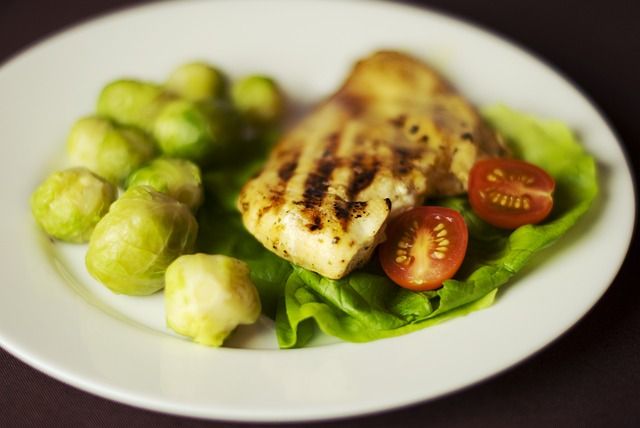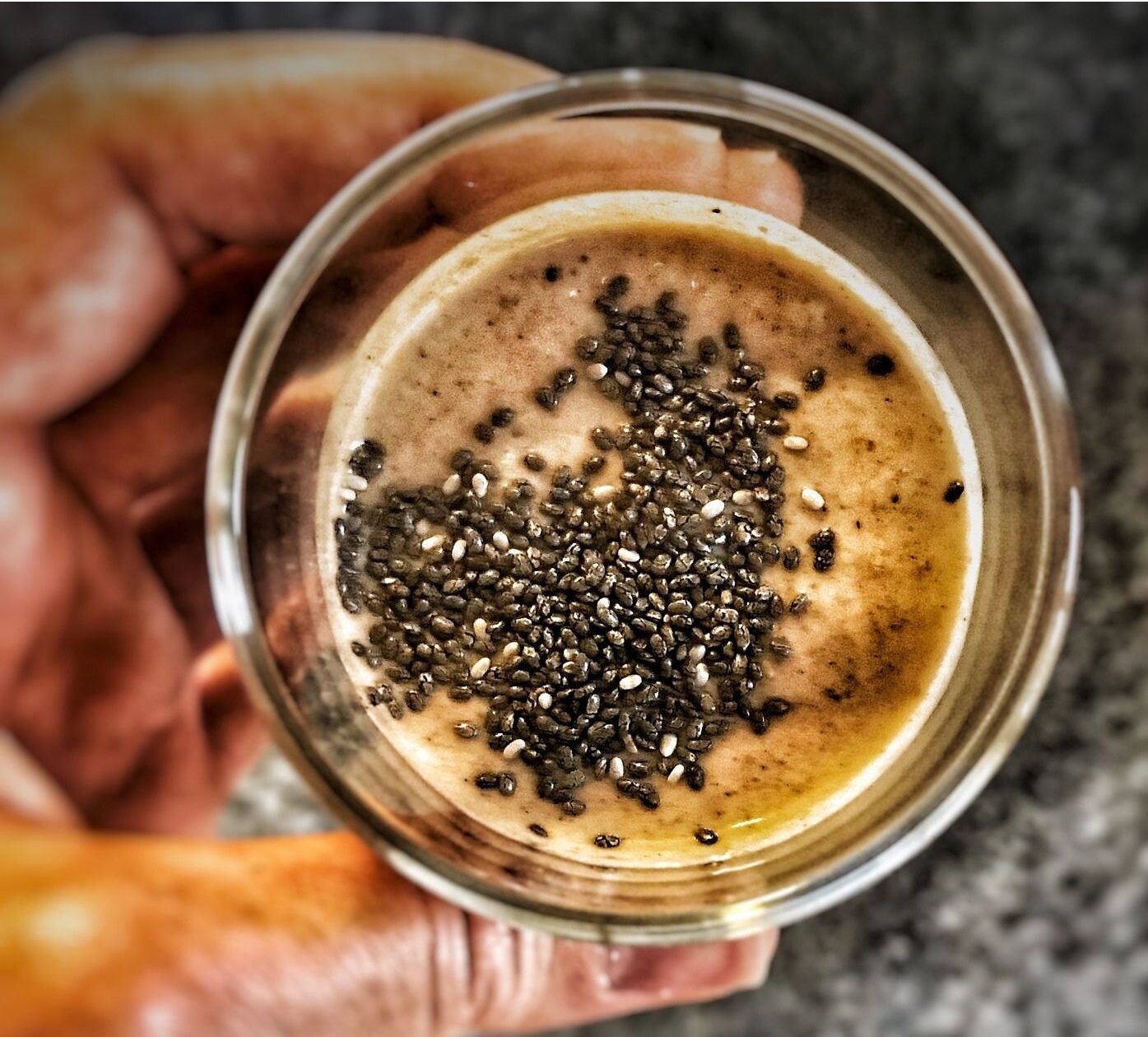Understanding Vitamin K
Vitamin K, often referred to as the “clotting vitamin,” is a fat-soluble vitamin essential for various bodily functions. It is primarily stored in the liver, brain, heart, pancreas, and bones.
The Role of Vitamin K in Blood Clotting
One of the primary functions of Vitamin K is to assist the liver in producing proteins known as clotting factors. These clotting factors are crucial for regulating blood clotting, preventing excessive bleeding and ensuring proper wound healing.
Beyond Blood Clotting: The Benefits of Vitamin K
In addition to its role in blood clotting, Vitamin K offers several other health benefits:
- Bone Health: Vitamin K works in conjunction with Vitamin D to promote calcium absorption, ensuring strong and healthy bones.
- Heart Health: By supporting blood clotting and calcium metabolism, Vitamin K indirectly contributes to cardiovascular health.
- Blood Sugar Regulation: Some studies suggest that Vitamin K may play a role in regulating blood sugar levels, which is particularly important for individuals with diabetes.
Recommended Daily Intake
The recommended daily intake of Vitamin K is typically 90 micrograms (mcg) for women and 120 mcg for men. However, individual needs may vary depending on factors like age, health status, and dietary habits.
Rich Sources of Vitamin K
To ensure adequate Vitamin K intake, incorporate these nutrient-rich foods into your diet:
- Leafy Greens: Spinach, broccoli, kale, Brussels sprouts, collard greens, and turnip greens are excellent sources of Vitamin K.
- Fruits: Blueberries and grapes are good sources of Vitamin K.
- Vegetables: Carrots, lettuce, and pumpkin contain moderate amounts of Vitamin K.
- Protein Sources: Eggs, chicken, beef, and soybeans are also good sources of Vitamin K.
- Nuts: Pine nuts are a relatively high source of Vitamin K.
Conclusion
Vitamin K is a vital nutrient that plays a crucial role in blood clotting, bone health, and cardiovascular health. By incorporating Vitamin K-rich foods into your diet or considering supplementation, you can support your overall well-being and reduce the risk of deficiencies.
Remember to consult with a healthcare professional for personalized advice on Vitamin K intake, especially if you have any underlying health conditions.



